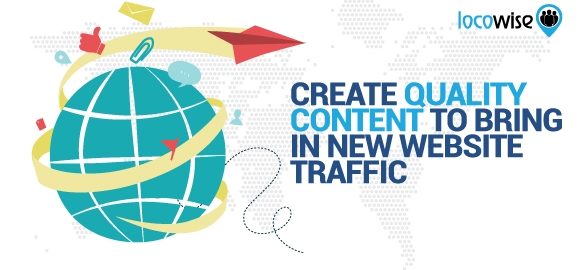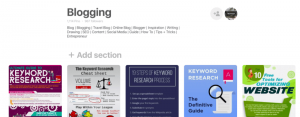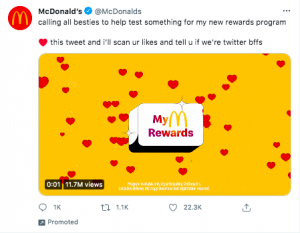— January 1, 2018
Digital marketing is not as fickle as it used to be, but it still has its moments. In 2018, there are already clear changes coming, and that means that some of the ‘ways’ agencies are used to doing things could be disappearing.
We think some of the trends we have been used to are on the way out in 2018. We’re going to focus on six in this post. If you’re doing this kind of stuff now for your clients, you may want to sit back and reassess.
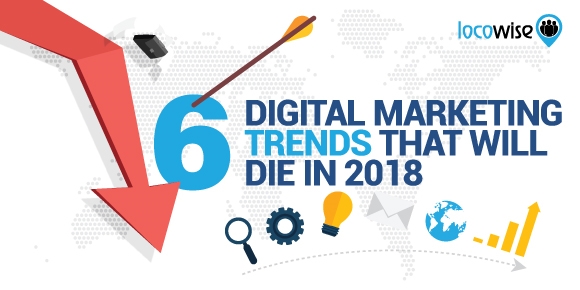
Huge, expertly written e-Books and (possibly) white papers
Okay, the white paper may be a marketing tool that will never truly die out, but we can’t see it being a hot topic in 2018. Things are so quick and ‘instant’ in social media that brands may want to look at other ways in which they can build expertise and authority.
Brands are expected to be experts in what they do, and producing a white paper to hawk around the Internet isn’t the first thing they are called on to provide.
And when it comes to eBooks, if these are going to be created by brands, they have to be short and snappy. The days of the long ‘expert’ eBook as the main driver for lead generation are dying out. And there are a hundred different ways to develop and disseminate information and build an audience now.
Organic Facebook
This has been on the cards for some time and we can quite easily imagine 2018 to bring the final death knell for anything like organic reach on the platform. It is such a commercial platform now, and there is so much going on with Facebook that is essentially ‘paid’ that organic reach has very much come to an end.
It’s been dying out since 2014, but it is clear that in 2018 it could well be further down than the 5-10% organic reach levels that brands are seeing now. We’re not geniuses, but that sounds pretty bad.
Text optimisation
You would have to be truly delusional to think that huge blog posts with acres of text are the only way to go. As part of a wider strategy they are relevant, and if you do it for long enough they become essential. But they can no longer be seen to be valid as the only means of conveying information. And this has strong implications for SEO.
Just optimising the text, and only the text, on a site is definitely a sure-fire way to kill your rankings on search engines. The problem is that 2018 seems to be a year where that could make a brand irrelevant. Optimisation has to be focused on the newer, more engaging content too if a brand is to make progress.
The videos and the imagery now need to be optimised with the same level of work. As a simple warning, just look at how much search is becoming less text-dependent. When people move towards voice search and even camera search in 2018, a text-based SEO strategy looks rather foolish.
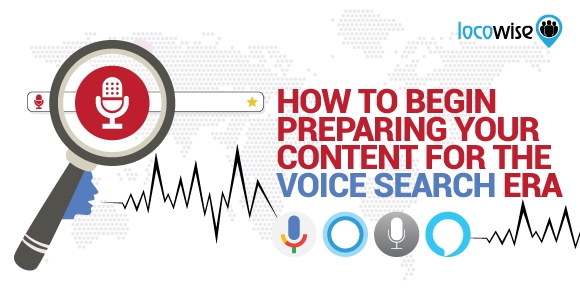
The solution is to prime your content on video and audio so that when people search they get the content quicker. Your images need to come up more readily too, so essentially a whole new frontier of search is opening up. We reckon it will very much become the norm in 2018, so avoid focusing on text only. It’s a clear no-no.
Marketing Automation
While some marketing automation is great in moderation, relying on it heavily makes a brand feel cold and inhuman. It is also quite easy to spot the automation aspect in ads and in contact (especially in bots, for example).
While technology will forge ahead in 2018, the brands that maintain that human touch, even in email campaigns (where it can be very easy to make a prospect or client feel like they are part of a campaign) will win out. The year will make it very important to clients that they get that personal touch. If your clients are able to show that personal touch at least 50% of the time, it could be the one thing that differentiates.
Reduce the automation aspect, and embrace the personal touch. Making your customers feel special is the way forward in 2018.
Blogging like it’s 1999
Back when the Internet still had dial-up (amazing, we know, but we checked this one) blog posts were short and vague. And there were a lot of blog posts. It’s almost as if someone woke up one morning and thought that the world needed a million posts a day.
Things have changed, and the Internet audience is now so ridiculously savvy that unless you produce a blog post that is specifically aimed at their pain point and that’s better than anything else they can find they won’t stay around for more than a few seconds. It’s the age of the hyper-specific blog post, and 2018 will only tighten that whole thing up.
We mentioned not optimizing for text too much earlier, but when you do write a blog post, ensure it is completely relevant for the audience you are trying to reach. If it isn’t, then the next one will be, and the next one for the audience will not be your post.
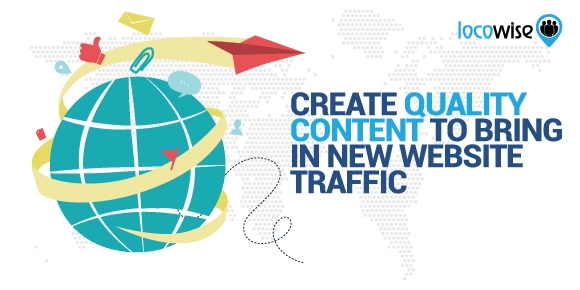
And cut down the frequency of posting. Before, it used to be a mark of quality (or at least commitment) to see a hundred posts on a site a week. Now, that’s strictly for magazines and news outlets. Keep it down and people will think that you write the good stuff, not the clickbait stuff that is designed to get traffic.
Video ads longer than six seconds
Video has changed. Again. And in 2018 marketers will see the results of that change. It’s kind of scary, but shorter videos are even more important now because channels like YouTube are pushing for hyper-short video ads. Recent evidence of this can be found (quite appropriately) at The Sundance Film Festival, in a ‘storytelling’ segment that is now in its second year.
YouTube plans to allow ads on the platform that fit this tight time constraint. So this means that video is now six seconds long and totally commercial? Not quite. YouTube aren’t there yet, but Facebook is also apparently considering ads of six seconds.
So just in case, get practicing on those short, award-winning video ads so you’re ready for 2018.
Digital & Social Articles on Business 2 Community
(62)
